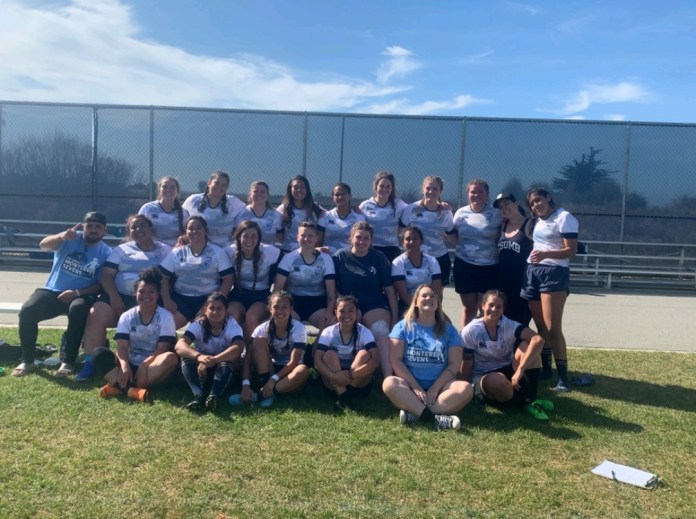While athletes eagerly wait in the wings, the Sports Club Council (SCC) is working hard, taking actions that weigh safety risks, student experience, and the reestablishment of team communities on campus.
A new phase system for clubs aims to bring players back into action. The SCC is basing its procedures on proven return-to-play plans from institutions around the country.
Daily self-checks, mandatory mask usage and distancing, unless impractical, will be present for the remainder of the semester. Competitions remain prohibited for low, medium, and high-risk clubs during the remainder of the month. High-risk clubs must also comply with the travel ban that concludes on Oct. 1.
Although many restrictions conclude in the third phase that begins next month, leaders must submit event, travel, and practice scheduling requests for approval.
Timothy Collins, the Senior Coordinator of Recreation, began phase system production by contacting a colleague from the University of Tampa, a private school that remained open during the pandemic. Learning from their experiences in recreation during that time provided a blueprint for the SCC.
Collins and his team looked at additional models for handling sports clubs this year, examining The United States Olympic Committee for rugby, NCAA’s protocols for volleyball and replicating models of success with a layered approach.
Josh Mueller, the Sports Club’s Assistant, defined the SCC’s strategy.
“We gathered information from any governing body that was relevant to our club sports,” Mueller said.
Providing a direct communication chain has been instrumental in restoring these communities, delivering updates to student leaders and clarifying deadlines. Without proper networking, campus clubs will suffer.
Emma Borrelli, the SCC Secretary, explained how she addresses communication.
“Our goal is for all the clubs to succeed,” Borrelli said. “I like to make myself available, trying to bridge the gap of communication between the clubs and the SCC.”
Satisfying the needs of sports clubs and the university is one of the council’s most significant challenges. By establishing connections between both parties with transparent messaging, they’ve managed to overcome that struggle.
Chris How, the SCC Treasurer, discussed his presence in recreation.
“I feel less like a leader and more like a facilitator,” How said.
The number of proposals and guidelines requires attention to detail. How’s understanding of university obligations helps him assist teams in reaching their goals.
The third phase of the resocialization plan is exciting for athletes, but leaders will have to remain vigilant as the pandemic continues to alter in-person opportunities.

